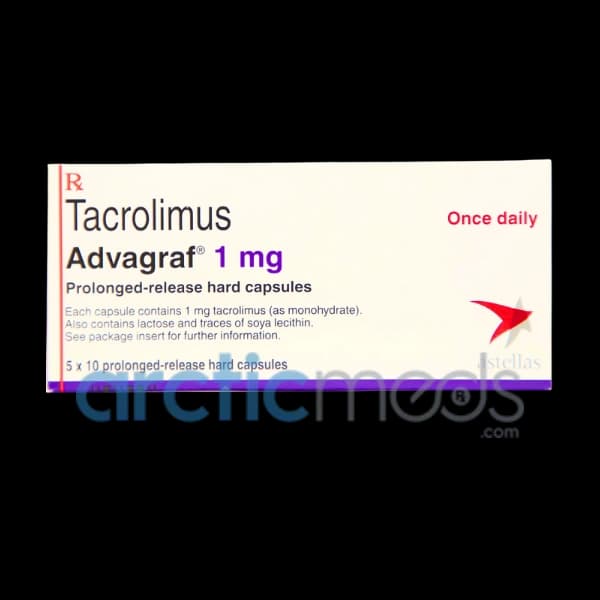

We offer competitive pricing on all our medications. We'll match if you find a lower price on an identical product at a verified Canadian online pharmacy!
Note: We do not currently price match Ozempic® or Saxenda®, but this policy may change in the future.
All trademarks, logos and brand names displayed on this website are the property of their respective owners. Logos and trademarks used on this website are used solely to identify the products and to provide accurate information to our customers. There is no implication of endorsement or sponsorship by their respective owners. If you believe that any material on our site infringes on your intellectual property rights, please contact us immediately and we will address your concerns.
© 2025 Arctic Meds. All rights reserved. Powered By Rankingeek Marketing Agency